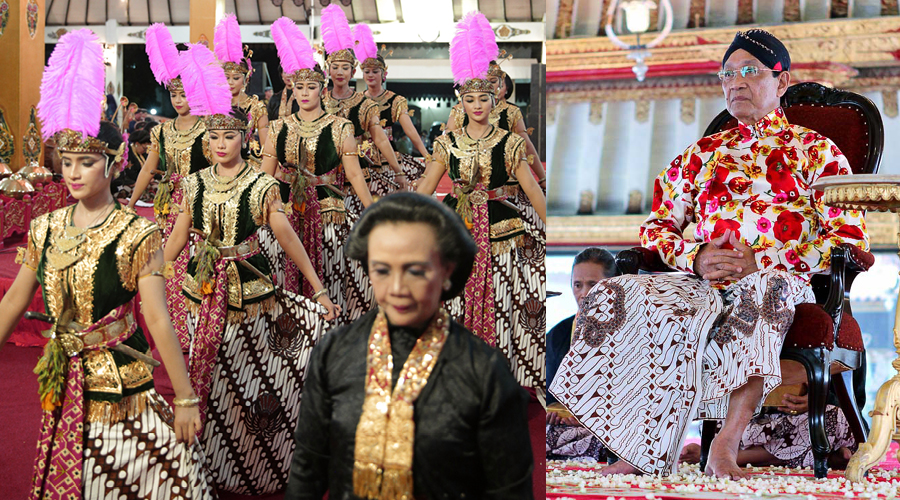
Symposium: Enacting Ethnicity and Nationalism in Indonesian Performing Arts
Saturday, November 10, 2018 at 9:00am
Ring Family Performing Arts Hall
FREE!
Click here to view photos from this event.
There are hundreds of traditional performing arts in Indonesia, each associated with a specific ethnic group/sub-group and the geographical region that is the ethnic group’s homeland (e.g., the performing arts of Batak, Minangkabau, Aceh, Sunda, Central Java, East Java, Banyuwangi, etc.). The history of the Indonesian archipelago is one of myriad inter-cultural encounters between these groups alternately defined by geography, ethnic identity, and political affiliation. The processes of hybridization that have resulted have profoundly influenced Indonesian culture and attempts to shape Indonesian national identity. The performing arts play a primary role in articulating these interacting cultural, social, and political forces. The symposium will address these issues, focusing on the dynamic interaction between the state and the Javanese ethnic group. Java is the most populated island in Indonesia—almost half of the 250 million Indonesian people live on the island of Java. Throughout history, Java has long been the principal locus of power and of converging insular and international relationships in commerce, culture, and hegemony. The encounter of the Javanese with Hinduism and Islam in the early history of the island has brought about a hybrid Javanese cultural tradition. Java’s contact with Europeans, starting in the 17th century, through trade, colonialism, and globalization, has led to a national awakening, the formation of a secular nation-state, and modernization (i.e., westernization). These contacts bring about both continuity and change of cultural tradition, as Javanese people adopt, adapt, reject, or negotiate the ideology and materiality of impinging culture. In a nutshell, a complex picture emerges as one discusses cultural hybridization. Cultural performance of all sorts is an expression of ideals, contestations, and contradictions, resulting from many socioreligious and cultural encounters.
PROGRAM
Opening Remarks
Keynote Address: His Excellency Sri Sultan Hamengkubuwono X.
Panel I: Chair—Ron Jenkins, Professor of Theater, Wesleyan University
"Court, Region, and National Culture: Perspectives on Performing Arts of Yogyakarta."
Anderson Sutton, Wesleyan BA '71, Dean, School of Pacific and Asian Studies & Assistant Vice Chancellor for International and Exchange Programs, University of Hawaii.
"Islamizing and Nationalizing Hindu-Javanese Sacred Text in Wayang Puppet Performance."
Sumarsam, Wesleyan MA'76, Winslow-Kaplan Professor of Music, Wesleyan University.
Panel II: Chair—Ron Jenkins, Professor of Theater, Wesleyan University
"Contemporary Artists and Villagers: Appropriation of Karaton Ngayogyakarta Hadiningrat Cultural Performances."
Lono Simatupang, Head of Performing Arts and Visual Arts Studies, School of Graduate Studies, University of Gajah Mada, Yogyakarta.
"Rei(g)ning in a New World: Performing Javanese Kinship to Diverse Contemporary Audiences in Yogyakarta, Indonesia."
Roger Vetter, Emeritus Professor of Music, Grinnell College, Iowa.
Visit here for a full listing of events.
Co-presented with Yale University, Asia Society, and the American Indonesian Cultural and Educational Foundation.
Read the "News @ Wesleyan" story Wesleyan Gamelan Ensemble Participates in Indonesian Festival.
Read about the Dr. Walter Angst and Sir Henry Angest collection of Indonesian puppetry at Yale University Art Gallery.